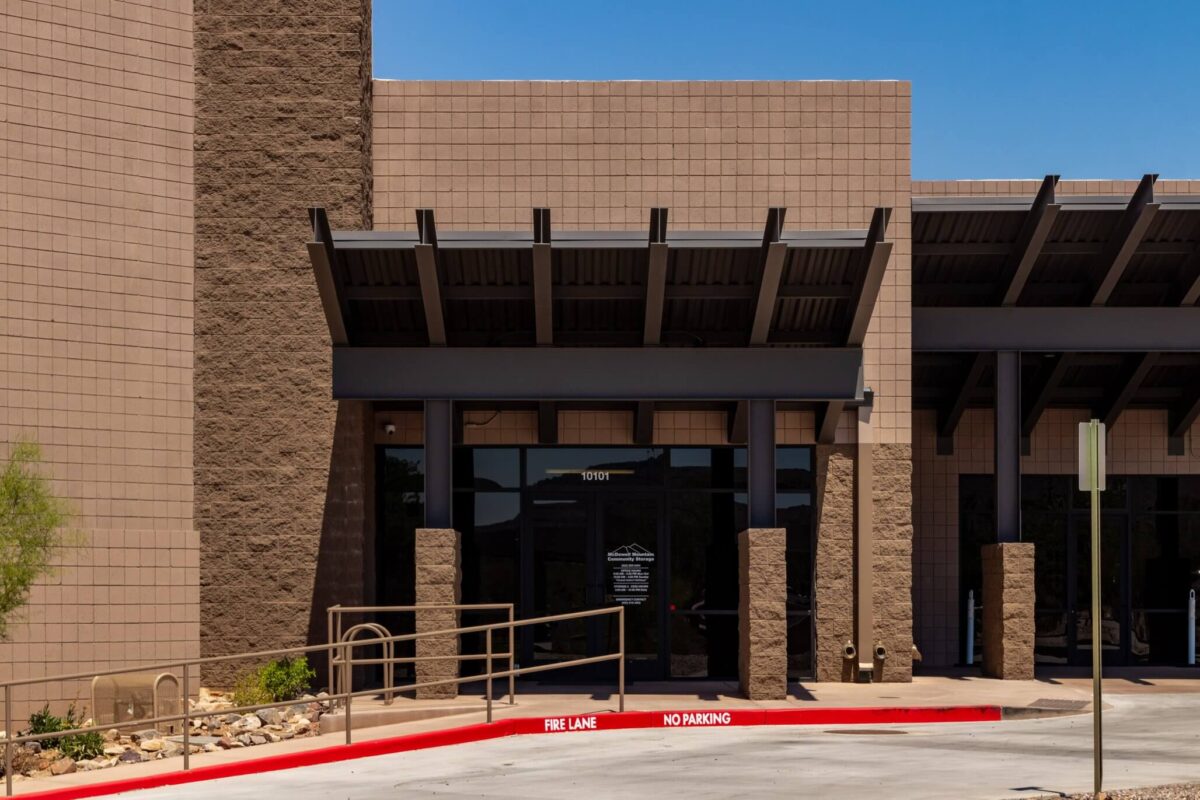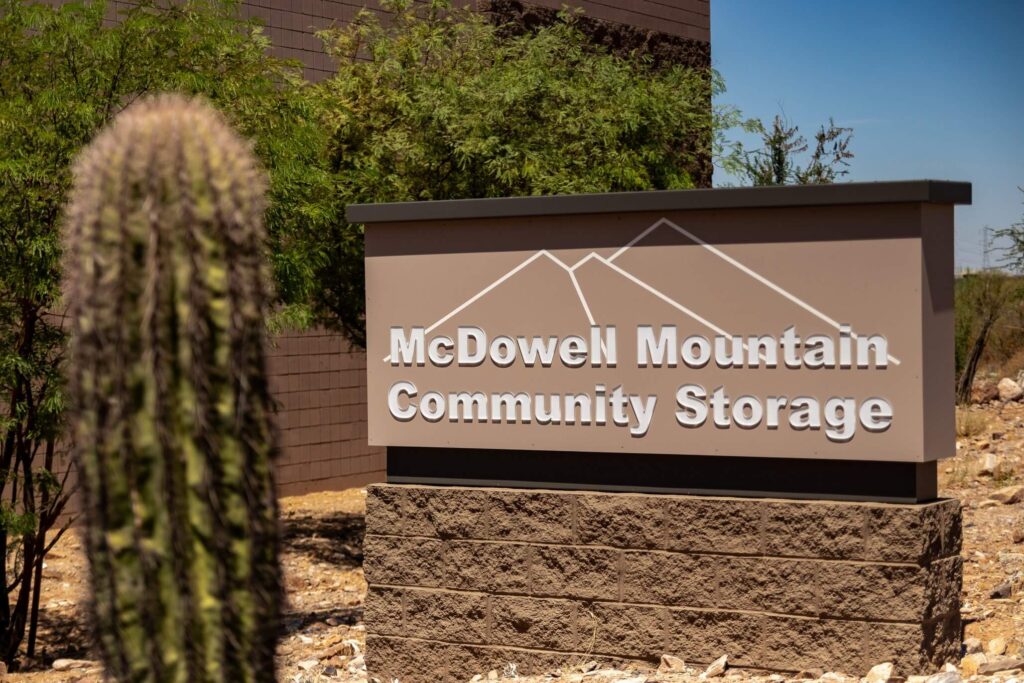Renting a Storage Unit: Pros and Cons You Should Consider
Renting a storage unit can be a practical solution when you’re running out of space at home or in the office. Whether you’re dealing with a temporary move, decluttering, or need long-term storage for your belongings, a storage unit offers a variety of benefits. However, there are also some drawbacks to consider. In this blog post, we’ll explore the pros and cons of renting a storage unit to help you make an informed decision.
Pros and Cons of Renting a Storage Unit
Pros:
- Provides extra storage space for belongings
- Helps with organization and inventory management
- Offers flexibility with various sizes and lease terms
- Enhances security with advanced measures
- Many units feature climate control for sensitive items
- Convenient for temporary or long-term needs
- Additional amenities like packing supplies and moving services
Cons:
- Costs can accumulate, particularly for long-term rentals
- Potential risks of damage from water leaks, pests, or improper packing
- Security concerns despite advanced measures
- The storage facility’s location might limit accessibility
- Hidden fees can increase overall expenses
Before Renting a Storage Unit, You Should Consider the Following:
Cost Considerations
It’s important to factor in all associated costs when considering a storage unit. Monthly fees can vary based on the size and location of the unit, as well as any additional services like climate control or enhanced security measures. For example, a small unit in a rural area might be much cheaper than a large unit in a prime urban location. These costs can add up over time, especially for long-term leases.
You may also need to budget for insurance coverage to protect your belongings against potential damage or theft. Some storage facilities offer their insurance plans, but comparing these with third-party options is wise to ensure you get the best deal. Understanding the full scope of costs, including hidden fees, will help you make a more informed decision.
Size and Accessibility Options
Storage units come in a variety of sizes, offering flexibility to store anything from a few boxes to an entire household’s worth of items. For instance, a 5×5 unit might be sufficient for storing seasonal items like holiday decorations, while a 10×30 unit could accommodate the contents of a three-bedroom house. This flexibility lets you choose a unit that best matches your needs and avoids paying for unused space.
Accessibility is another crucial factor. Some storage facilities offer 24/7 access, which can be a significant advantage if you need to retrieve items at odd hours. Others have limited hours, which might be inconvenient depending on your schedule. Additionally, consider the facility’s layout—units on the ground floor are generally easier to access, while those on upper floors might require using elevators or stairs, which can complicate moving items in and out.
Security Measures
Security is a top priority for most people renting a storage unit. Many facilities offer security features such as gated access, surveillance cameras, and individual locks. Some even have on-site security personnel. These measures provide peace of mind that your belongings are safe, but it’s essential to verify the level of security before committing to a lease.
When evaluating a facility’s security, consider asking about their access control procedures. For example, some facilities use keypad entry systems, while others rely on key cards or biometric scanners. Surveillance cameras should cover all critical areas, including entry and exit points and individual units. It’s also worth checking if the facility has a history of break-ins or thefts.
Climate Control Features
Climate control is an important feature for those storing sensitive items. Units with climate control maintain a consistent temperature and humidity level, protecting your belongings from extreme weather conditions. This is particularly useful for items like electronics, documents, and antique furniture, which temperature fluctuations can damage.
For example, wooden furniture can warp or crack in extreme temperatures, while electronics might malfunction if exposed to moisture. Climate-controlled units typically cost more than standard units, but the added expense can be worth it to ensure your items remain in good condition. Be sure to assess whether climate control is necessary for what you plan to store.
Convenience and Flexibility
The convenience of having a storage unit can simplify your life, especially during a move or renovation. The flexibility of various unit sizes and lease terms means you can find a solution that perfectly fits your temporary or long-term needs. Many facilities offer amenities like packing supplies and moving services, adding another convenience layer.
For instance, some facilities provide moving trucks or dollies to help you transport your items. Others sell packing materials such as boxes, tape, and bubble wrap on-site, saving you a trip to the store. Flexible lease terms allow you to rent a unit for as long or as short as needed without being locked into a long-term contract.
Potential Risks and Damage
While storage units offer many benefits, they also have potential risks. Items can be damaged by water leaks, pests, or improper packing. To minimize these risks, it’s essential to take preventive measures, such as using sturdy boxes and packing materials. Regularly checking on your unit can also help you catch any issues early.
For example, using plastic bins instead of cardboard boxes can protect your items from water damage. Placing moisture absorbers or pest repellents in your unit can help mitigate the risk of mold or infestations. Properly labeling your boxes and creating an inventory list can also make it easier to find specific items when you need them.
Insurance Coverage
Insurance coverage is crucial when renting a storage unit. Many storage facilities require it, and it can protect against a range of potential issues, including theft, fire, and water damage. Review your existing homeowner’s or renter’s insurance policy to see if it covers stored belongings, or consider purchasing additional coverage.
Some insurance policies offer full replacement value, while others may only cover a percentage of the item’s value. It’s important to understand the terms and conditions of your policy to ensure you’re adequately protected. Keep an updated inventory of your stored items and their estimated value to simplify the claims process if needed.
Alternatives to Renting a Storage Unit
Consider alternatives if the cons of renting a storage unit outweigh your pros. Decluttering and donating unused items can free up space. You might also look into portable storage options, which can be delivered to your home and transported to a storage facility when full. Another option is renting a larger living or office space to accommodate your belongings.
For example, portable storage containers can be a convenient solution for temporary storage needs, such as during a move or home renovation. They offer the flexibility of on-site storage with the option to transport the container to a secure facility. Alternatively, upgrading to a larger home or office might be a more cost-effective long-term solution if you frequently need extra storage.
Conclusion
In conclusion, renting a storage unit can offer significant space, organization, and flexibility benefits. However, weighing these advantages against potential costs, risks, and the specifics of your situation is essential. You can make the best decision for your storage needs by considering all factors. Whether you choose a traditional storage unit, a portable container, or another solution, proper planning and research will help ensure your belongings are safe and accessible. It’s a practical way to manage clutter, organize your things, and find a storage solution that works for you.
Frequently Asked Questions
What is the cost of renting a storage unit?
Costs depend on factors such as climate control, location, and dimensions. Depending on your needs, the monthly cost can vary from $50 to more than $200.
What is climate-controlled storage, and why is it advantageous?
Climate-controlled units are advantageous for delicate items, including electronics, artwork, and wooden furniture, as they preserve a consistent temperature and humidity.
Can one conserve space in one’s residence by renting a storage unit?
Indeed, renting a storage unit can free up space in your home by providing a location to store rarely used items, thereby fostering a more organized and tidy living environment.
Can storage facilities be accessed at any time?
Access hours are subject to change. While some facilities provide access 24 hours a day, others may have restricted hours. If you require frequent access to your items, please verify the availability of the access times.
Are storage facilities advantageous for businesses?
Indeed, businesses may utilize storage units to accommodate surplus inventory, documents, or equipment, particularly when they need more space at their primary location.
Are there storage facilities that are suitable for specific requirements?
Indeed, numerous facilities provide specialized units, including climate-controlled units for sensitive items, vehicle storage, and wine storage for collectors.
Can a storage unit be of assistance during a life transition?
Storage units are frequently employed during life transitions such as downsizing, renovating, or relocating, as they provide a temporary solution for storing items.
Are storage facilities a worthwhile investment for storing seasonal items?
Indeed, storage units offer a convenient solution for organizing household items such as holiday decorations, seasonal sports equipment, and winter apparel.
What are the obligations associated with the maintenance of a storage unit?
The facility is responsible for maintaining the units, including pest control and cleansing the common areas. Nevertheless, it is imperative that tenants maintain the cleanliness of their units and refrain from storing prohibited items.
What is the difference between portable storage containers and storage units?
Storage units are generally more secure and climate-controlled, while portable containers are more convenient for individuals who require flexible access or are in the process of relocating.
Discover the Best Self-storage in Scottsdale, AZ!
If you’re looking for a reliable self-storage unit in Scottsdale, AZ, McDowell Mountain Community Storage is here to help. We provide a choice of unit sizes to meet your needs, whether you’re keeping a few boxes or a large amount of items. Our facility has advanced security features, climate control, and flexible lease options to ensure your belongings are safe and accessible. Don’t let clutter take over your space—find a place for everything with our convenient storage solutions. Contact us today to learn more about how we can help you with all your storage needs.



